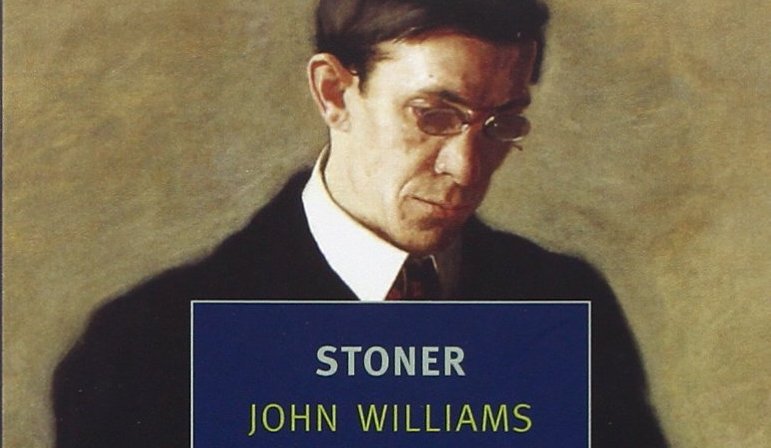Search for topics or resources
Enter your search below and hit enter or click the search icon.

If at first you don’t succeed, you should change your approach. Despite how the Supreme Court rules on Windsor, marriage advocates have been losing cultural headway, particularly among “Millennials,” since 2004. While a legal fight defending religious freedom and liberty of conscience in a post Windsor world is necessary, marriage advocates need to do more than fight rearguard actions. The question is how?
Marriage advocacy must advance in a way that influences culture directly. Influencing culture is more than a matter of rational argument and policy discussion. Better arguments from natural law, while essential and helpful, are unlikely to turn the tide of opinion because people are not convinced rationally in the first place (despite what marriage revisionists may suggest with a “bring it on” posture, begging conservatives to give them “one rational” argument to defend what they believe). Television, songs, friends, and personal experience shape what people believe about love and marriage far more than intellectual argumentation. In short, unconscious influences shape culture in the form of social and personal narratives and emotion. Defending marriage in the long-run is less about winning a debate than changing people’s aspirations.
Marriage revisionists understand this all too well, and are reaping the benefits of having spent years building up emotional and rhetorical advantages on the issue.
Yet some conservatives seem to operate with rationalist expectations for how people process emotionally charged issues like redefining marriage. The problem is not: “How can we marshal more facts, tighter logic, and make more sense than the other side?” The common sense definition of marriage as a heterosexual union that Christians and other marriage advocates relied on just a generation ago has been transformed. The problem is: “How do we transform common sense?”
The John Jay Institute published You’ve Been Framed: A New Primer for the Marriage Debate last week. The document applies research from cognitive science and narrative theory to equip marriage advocates with the frameworks and tools to transform common sense and counter the messages of marriage revisionists. Transforming common sense requires understanding emotion to invoke narratives and tell stories with new metaphors and memes that take root in people’s minds, slowly changing what inspires them, changing what they aspire to, and transforming what they value.
Moral judgment is more than a dispassionate assessment of rights, harms, and justice. People rely on their moral intuitions to guide their political reasoning, and moral intuitions themselves grow largely from unconscious emotional processes. Thus, marriage advocates should pay as much attention to their arguments’ psychological soundness as to their logic. People reason about their moral judgments from within the personal and social narratives by which they reckon with the world and understand their own identity within it. Thus, Christians and conservatives should view the debate over redefining marriage in terms of invoking or subverting narratives by which people live and express meaning rather than logical truths. By extension, marriage advocates must also be storytellers and submit their personal experiences with heroes—their own moms and dads or those of others—as the beating heart of their motivation to champion the institution. Within those stories that invoke or subvert larger narratives, marriage advocates must be the poets of new political metaphors. Inspirational, persuasive leaders of both political parties (think Reagan or Clinton) have always used metaphor to do the heavy lifting in communicating their vision: “America is a shining city on a hill.” What metaphors do marriage advocates use to enable people to intuitively catch the meaning for why marriage links to the common good? Marriage is our country’s social infrastructure; why don’t we talk about it that way? Lastly, marriage revisionists are influencing culture with a powerful meme (an easily replicable idea that grows into a new viewpoint), namely, “marriage equality.” Marriage advocates need to prioritize subverting revisionist memes like “marriage equality” not with new data and policy papers, but with new memes. Conservatives and marriage advocates must master the techniques to be successful memetic engineers, along the lines of Christopher Nolan’s sci-fi thriller, Inception.
This kind of shift in mind-set is most likely to position marriage advocates to better influence culture in the age of Reddit, Twitter, and Facebook. But You’ve Been Framed is much more than an argument about the need of marriage advocates to use the latest social media. We need a mind-set shift in what has always been more successful at influencing people and culture.
The end of your exploring about that need may lead you back to the beginning of classical education. Whether you prefer the philosophical formation of Plato’s books, or the moral imagination stoked by J.R.R Tolkien and C.S. Lewis, modern cognitive science suggests a humane conclusion about the psychology of behavioral change: inspire people to change by making them feel something.
If the marriage movement is to evolve, it has to harness emotion.
Nathan Hitchen works in Washington D.C. and is a John Jay Institute alumnus. Mr. Hitchen has a M.A. from the Johns Hopkins University School of Advanced International Studies and prior experience as a consultant and researcher in a number of domestic and foreign policy think tanks.
